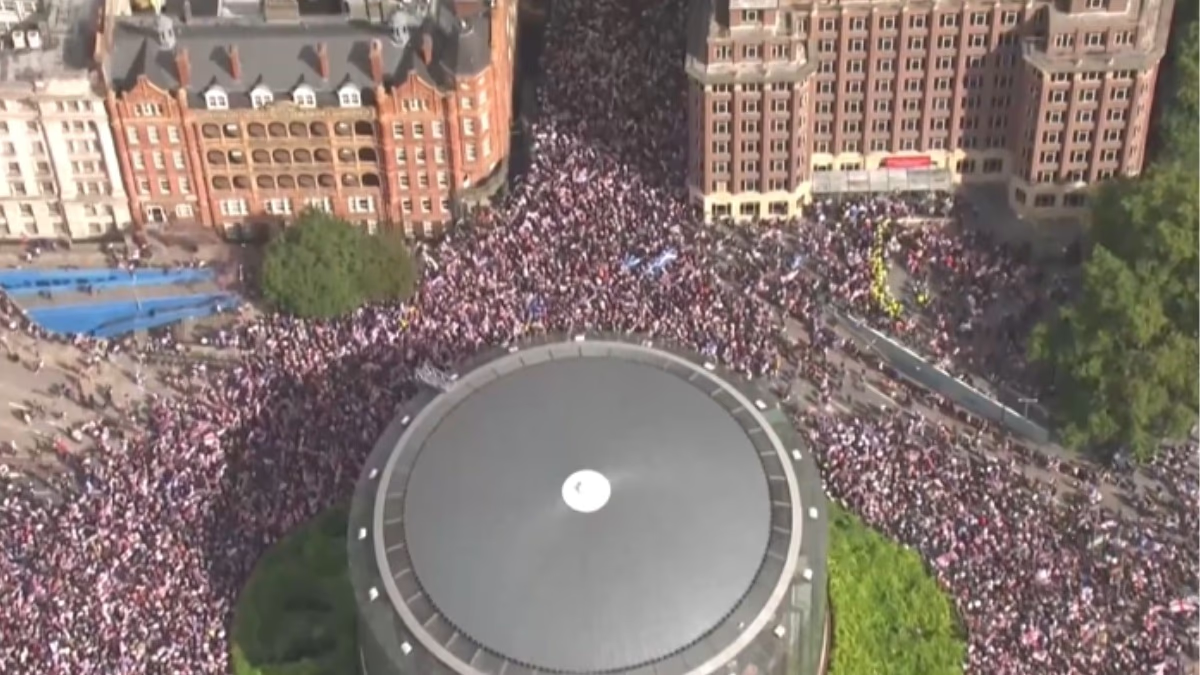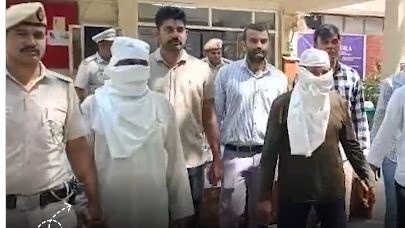Pakistan's former Prime Minister, Imran Khan, is facing unrelenting challenges. While he navigates the intricate legal system to dodge arrest, his once-closest allies are walking away one after another. In a compelling turn of events, Fawad Chaudhry, a former cabinet minister, has announced a break from politics. 'I resign from all positions within PTI and part ways with Imran Khan,' declared Fawad.
Since the tumultuous aftermath of May 9th following Imran Khan's detention, nearly two dozen party leaders have resigned from PTI. The list includes notable figures like Dr. Shireen Mazari, Fayazul Hassan Chohan, Malik Amin Aslam, Mahmood Maulvi, and Amir Kiyani. Additionally, Sardar Tanveer Ilyas, Bilal Ghaffar, Kareem Gabol, Malik Jawad, Balochistan's Minister for Mineral Development Mubeen Khilji, Major Tahir Sadiq and his daughter Iman Tahir, Malik Amin Aslam, and Syed Zulfikar Ali Shah have also stepped down.
Imran's recent arrest stems from his involvement in the Al Qadir Trust case on May 9th. The arrest sparked nationwide protests by PTI activists and supporters, leading to widespread violence. Military installations were attacked too. The violence implicated many PTI members, including Fawad Chaudhry, who was granted bail by the High Court. Following their release, several leaders condemned the violence on May 9th and relinquished their positions within PTI. There are assertions that military pressure and police action prompted these leaders to abandon Imran.
Imran claims that his fellow party leaders are being coerced into resigning. He denounces the arrests of party leaders and activists, stating, 'I have never witnessed such actions in Pakistan's history.' He further alleges that leaving PTI seems to be a condition for release from police harassment or imprisonment.
Imran has voiced concerns about the targeting of grassroots workers and leaders by the government. 'They've incarcerated everyone. I don't even know who to reach out to at this point,' Imran lamented.
In a tweet, Imran remarked, 'We are all familiar with the phenomenon of forced marriage in Pakistan, but PTI is now encountering a novel dilemma—'forced divorces.' Meanwhile, I wonder where all the human rights organizations have disappeared.'
On the flip side, the Pakistani government, following the May 9th violence, is contemplating a ban on PTI alleging attacks on major institutions and suggesting such actions are intolerable. Defense Minister Khwaja Asif emphasized that the government is considering a ban on PTI for its assault on key establishments. Legal experts warn that such a move could intensify the standoff between Imran's supporters and the government.
PTI's attorney, Ali Zafar, stated that any action of this nature would be challenged in court, clarifying that individual acts should not incriminate the entire party.
Imran ascended to the premiership in 2018 with military backing. However, relations with the army soured following interference in military affairs, leading to internal party dissent and Imran's consequent resignation. Shahbaz Sharif now leads a coalition government. Since then, Imran has been rallying supporters nationwide for general elections.
In the process, Imran faces over a hundred charges, including corruption. One such charge led to his May 9th arrest in the Al Qadir Trust case, but he was released by the Supreme Court's intervention three days later. Imran recently claimed that the military offered him an exit; leave the country for relief. Yet, he asserted his commitment to fight for Pakistan until the end.




